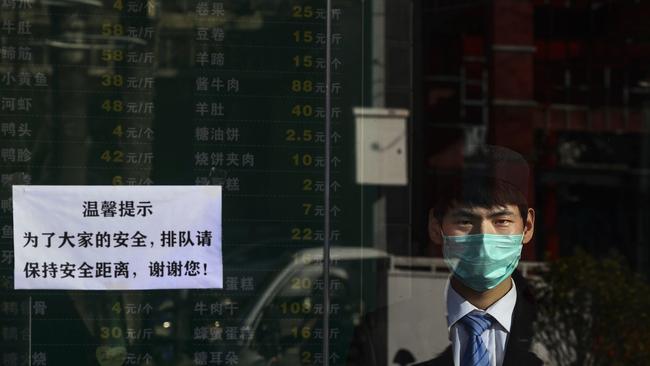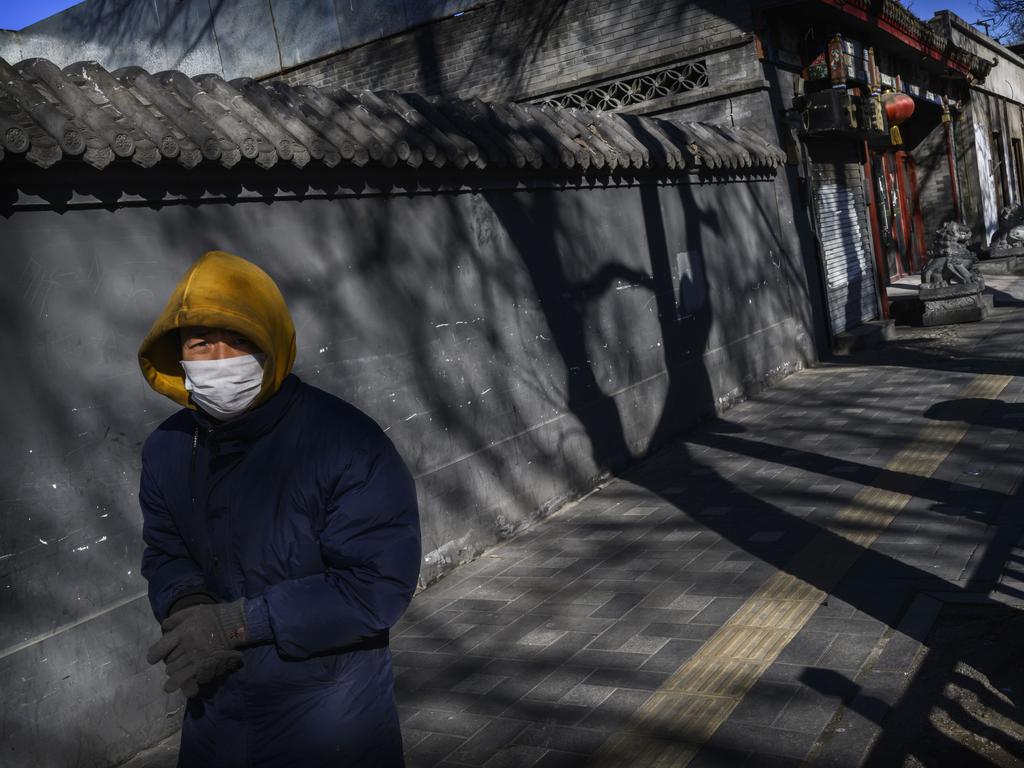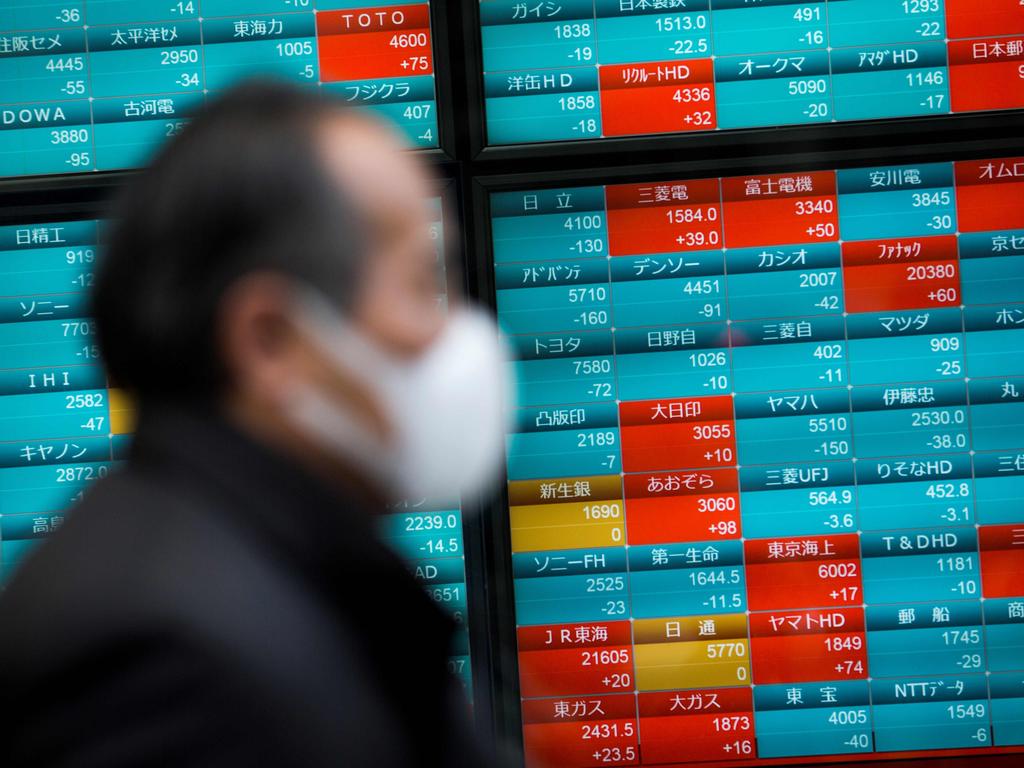
The sharemarket is not pricing in any substantial adverse consequences — apart from a small blip – from the virus.
If the sharemarket is right, in Australia we will see a shortage of dwellings in many areas. If it’s wrong interest rates may rise with higher inflation.
So first let’s assume the sharemarket is right and look at what that will mean to the international way business is conducted and what happens to Australia. Then we will look at what happens if the sharemarket is wrong.
High share prices are telling us that there is an era of widespread prosperity ahead, led by the US.
There will be substantial investment because companies need to adapt to new technologies and to lowering carbon outputs. But the virtual shutdown of most of China has alerted companies around the world to what they should have already known: that it very dangerous to depend on global supply chains that revolve around one country, especially China.
Many US companies will greatly increase their investment in the US provided they are confident the Trump investment incentives are safe.
Here in Australia, back in February 2018 Orica CEO Alberto Calderon broke ranks with the Business Council and advocated depreciation allowance, along US lines, rather than tax cuts.
But the government then and now still does not understand how the Calderon plan would boost Australia. With investment plans around the world set to shift, the Calderon plan now becomes even more important.
But we have an even bigger surprise ahead, assuming the market is right about the coronavirus.
On the weekend I was yarning with a Hong Kong resident who has temporality switched his base to Australia. He tells me the coronavirus is far more destabilising than the riots and a great many Hong Kong people are now dusting off their exit plans. Expect greater migration pressure from both Hong Kong and China once the crisis is over.
That will create a higher dwelling demand at a time when the market is already booming. First home buyers are back. We are looking at a severe shortage of dwellings in many areas, and that balloons prices. The looming housing shortage was created by the credit squeeze which triggered a severe drop in building. So now the higher demand threatens to explode the market because of the supply shortage.
Now let’s assume the share market is wrong and the coronavirus becomes a lot more serious. All the current discussion is about GDP growth rates and economic indicators. But in China and the rest of the world, shortages will multiply in food and many goods.
That means higher prices, and in time, higher inflation rates. And once higher prices get into the system they multiply via wages. Australia will be among the worst sufferers because our dollar will fall along with the prices of minerals, thus increasing inflationary pressures. It will take a while, but interest rates will follow if the crisis extends for, say, six months. . And that will take the stream steam out of the property market and given our high level of consumer borrowing it will hit the economy. World sharemarkets that have not priced in a coronavirus risk will fall sharply.
I normally back the markets in situations like this. They have an uncanny way of determining outcomes. But some of the news coming out of China is very disturbing. Let me relate a few situations I have picked up in press articles.
• Even before the latest epidemic, many were feeling the pinch from slowing household-spending growth and banks’ reluctance to lend to businesses not backed by the state. Debt defaults and corporate bankruptcies were rising as regulators closed off funding avenues (like peer lending platforms) that many entrepreneurs relied on. Now small businesses are being even a harder.
There are more than 30 million small and midsize enterprises in China. They contribute over 80 per cent of China’s jobs, 60 per cent of its GDP and more than half of its tax income.
• Lu Hua, who owns a factory making car parts in the southern city of Shenzhen, is still waiting for local government approval to reopen the plant, which exports 95 per cent of its output.
“We have prepared everything based on government guidelines — masks, hand sanitiser and so on,” he tells the Financial Times. “But one day before reopening, we got a notice from the government that the policy changed. We need to fill a bunch of new forms and apply again.”
• Wu Jian, a co-founder of Sue Hsiao Liu, a chain of 15 dim sum restaurants in Shanghai, said customer traffic has plunged as much as 90 per cent. In healthier times his chain served about 10,000 customers a day
• The Chinese economy is now more than four times larger than it was at the time of the 2002-03 SARS outbreak. It is also considerably more important because of its central role in many industrial supply chains. As the immediate outlook for the Chinese economy worsened last week, shipping rates fell to record lows, oil demand is now expected to grow at its slowest rate in almost a decade and Fiat Chrysler warned it was weeks away from shutting a European plant because of supply shortages.
Again, let’s hope the sharemarket is right.







Australian enterprises and investors need to understand that the coronavirus is changing the rules of the game.